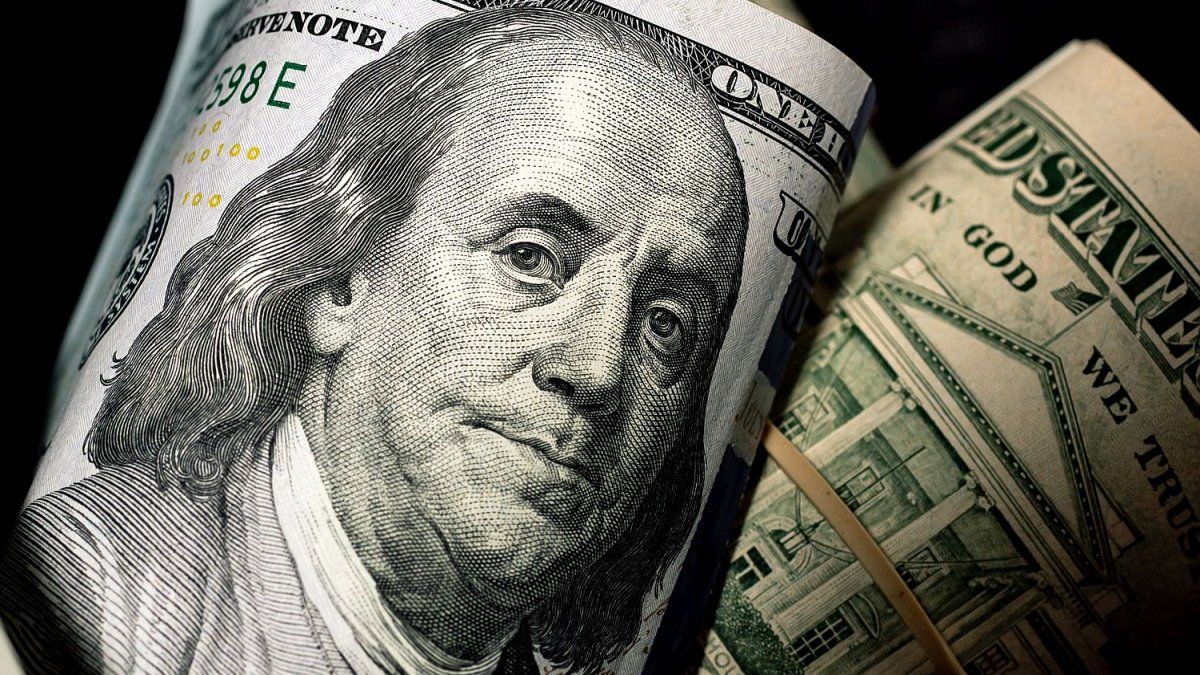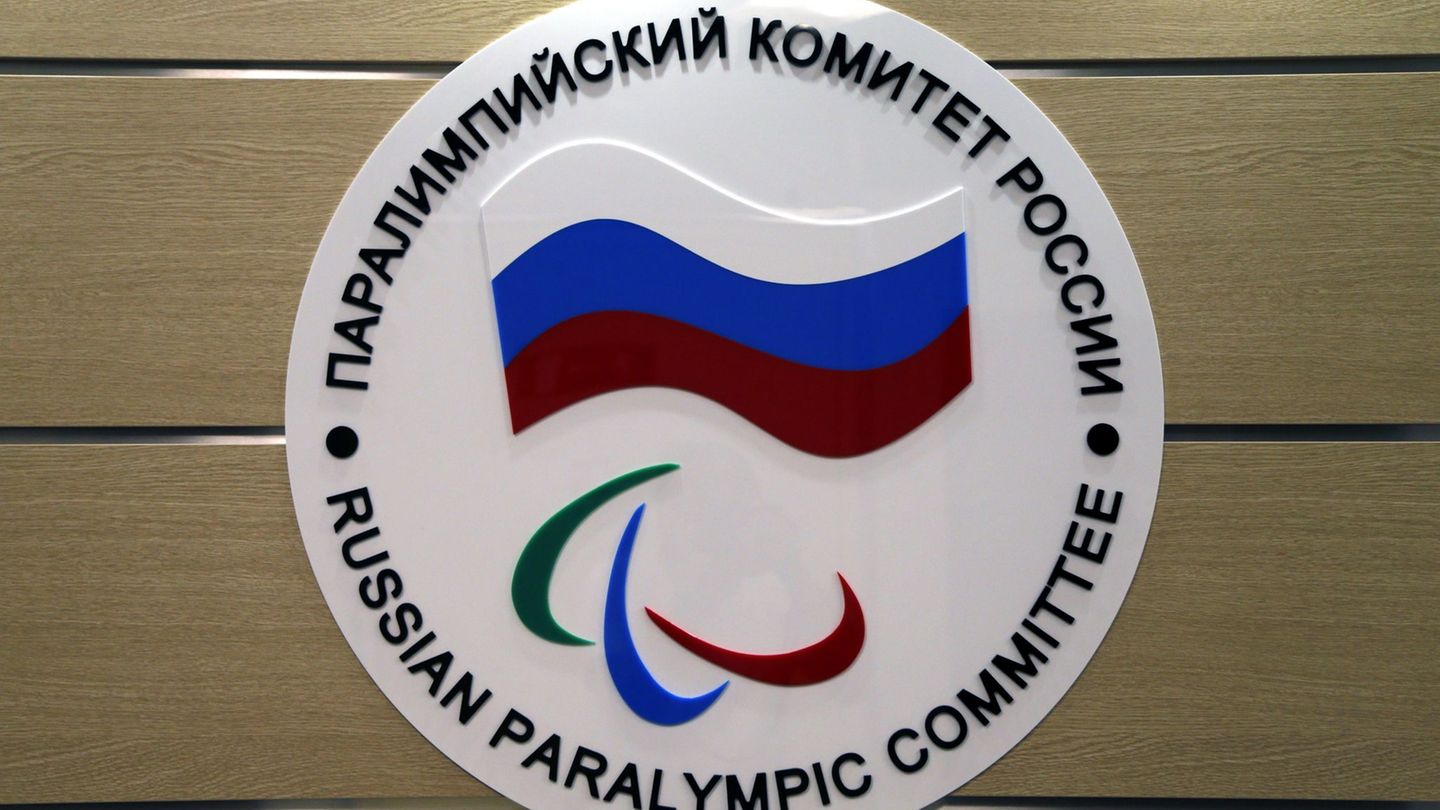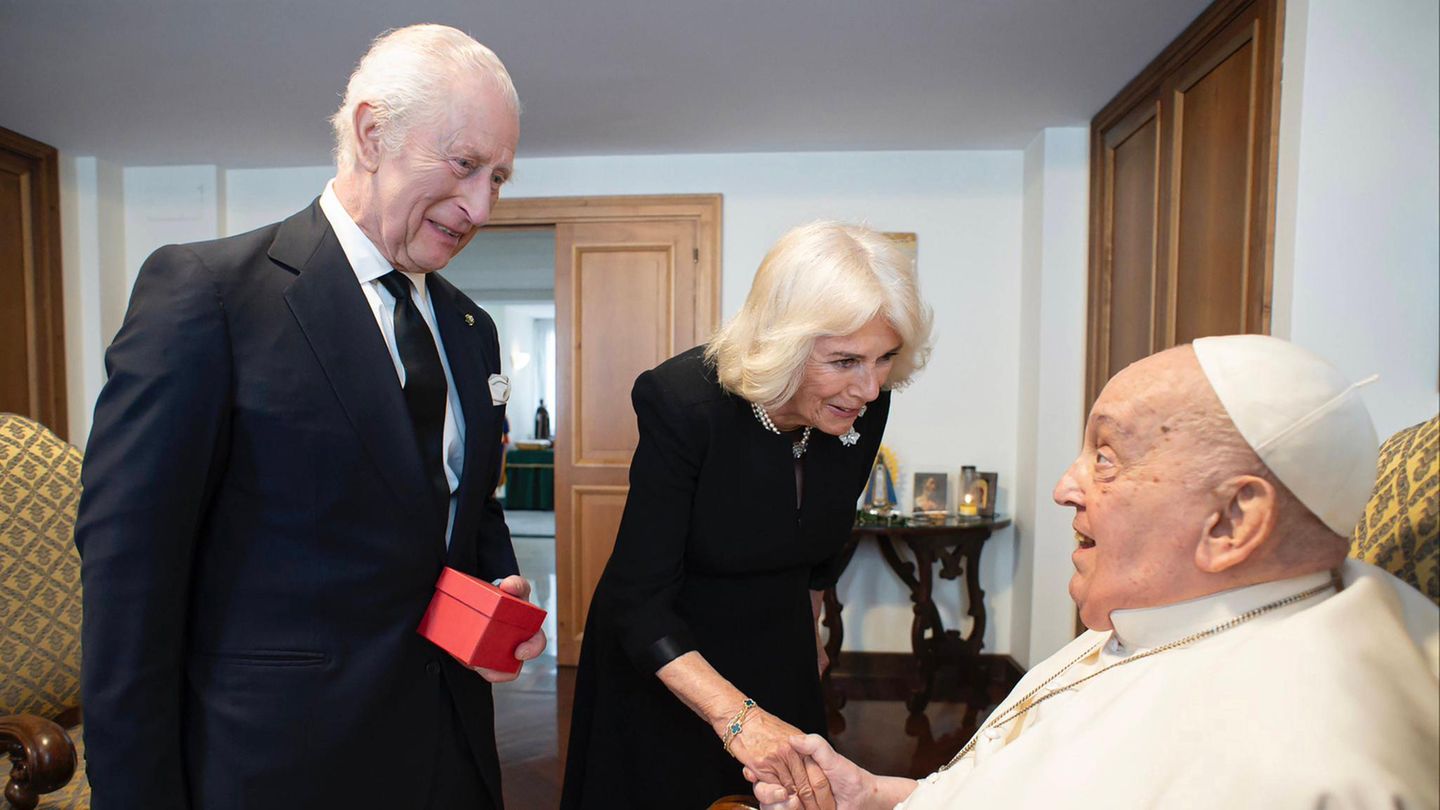The government enlist the announcement of a bold measure this week, designed to Reincorporate to the financial system the billions of dollars treasured in informality. Far from insisting on a “Permanent whitish” that faced legal and political obstacles, the administration of Javier Milei He has opted for a more agile strategy: a kind of “clean file” or voluntary statement, that the dollar holder (acquired outside the system) can enter the bank to use them. The officials consulted believe that it is a mechanism that will allow savers deposit not declared in banks through a simple affidavitwithout the usual scrutiny of the Customs Collection and Control Agency (ARCA, EX-AFIP), which would issue a simple resolution. The initiative reflects a pragmatic turn to capture currencies without reviving debates on tax amnesties.
For Minister Luis Caputo, the challenge looks unique: They estimate that there are more than US $200,000 million in savings that remain outside the banking systemsaved by medium and high media sectors, but still distrustful of monetary and exchange dynamics and even financial institutions. These funds, mostly acquired in the parallel market of the “Blue dollar”They are both a refuge against the devaluation of weight and a symptom of skepticism. However, after ensuring an agreement for US $ 20,000 million with the IMF and partially dismantling exchange restrictions, the government sees in these savings a key opportunity to strengthen reserves.
Along the same lines and as this media reported yesterday, he works in the issuance of a bonus that, they believe in the Casa Rosada, will allow adding reservations without pressing the exchange rate. That bonus could be subscribed with dollars and ensure a positive real interest rate in pesos.
The limits of Congress versus anxiety for dollars
However, urgency clashes with a congress where the official minority complicates any legislative initiative. The idea of a permanent laundering, which would have allowed to regularize assets continuously, was discarded after intense debates. The Capital Externalization Law of 2024, which required seven months of arduous negotiations, evidenced the risks of depending on the parliamentary consensus.
To this are added legal restrictions: the Constitution prohibits the use of decrees of necessity and urgency (DNU) in tax matters, and the law of 2024 prevents its beneficiaries from participating in new regularization regimes until 2038. Given these obstacles, the economic team, led by Luis Caputo, chose a deregulatory route that avoids the label of “whitish”. A simple decree or an ark resolution, without the need to go through Congress, is emerging as the chosen instrument. They say that international standards against money laundering would be complied with.
As stated, the nucleus of the measure is a kind of voluntary declaration or “clean file”, a simplified process that invites savor drivers to deposit dollars without justifying their origin. Unlike traditional whitish, which require detailed statements and tax payments, this mechanism will require only a sworn statement that certifies the legality of the funds, something of which the depositor will attest. Arca, in charge of the tax and customs control, will adopt a lax approach, accepting deposits in foreign currency even of people who declared income in pesos. In the facts, in the government they point out that the measure points to the average sectors that, unable to access the official exchange market, resorted to the blue dollar to protect their savings.
The risks of the case and future claims
A quick consultation with tributarians shows more caution than optimism. They point out that, on the one hand, it would help to reduce the gap between informal savings and the banking system marginally. “Many avoid stating that taxes erosion their capital,” explained a fiscal expert, stressing that the Light Focus of the Government could mitigate those concerns.
By reducing documentation to a single affidavit, instead of multiple presentations, the measure seeks to generate confidence in banks. Although on the other, they argue that, later, different resources in justice could question their legality if it is considered to avoid constitutional tax provisions. In addition, banks, forced to comply with the regulations against money laundering, face the challenge of balanceing relaxed controls with their duty to report suspicious operations to the FIU. On the other hand, they point out that a simple affidavit may not be sufficient to prevent the entry of illicit funds.
Source: Ambito




